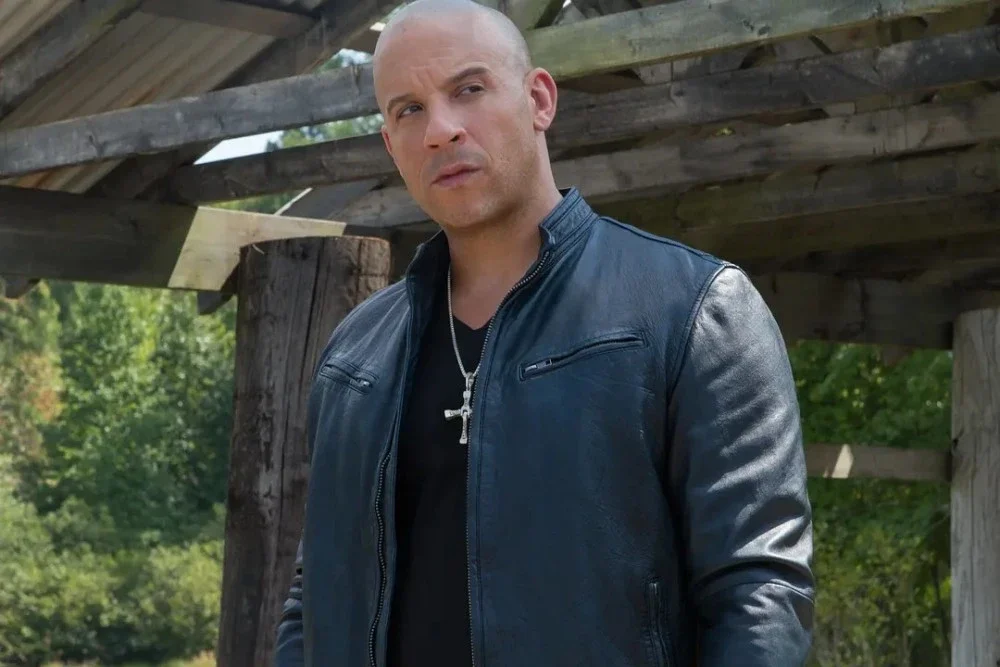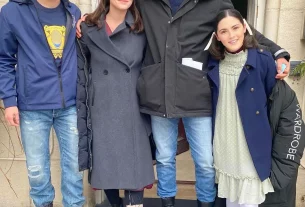Recently, the original Korean drama “Pachinko” funded by Apple TV+ was officially launched. The series is adapted from the novel of the same name, which was rated as one of the top ten best books in 2017 by “The New York Times”, and spent 100 billion won to create.
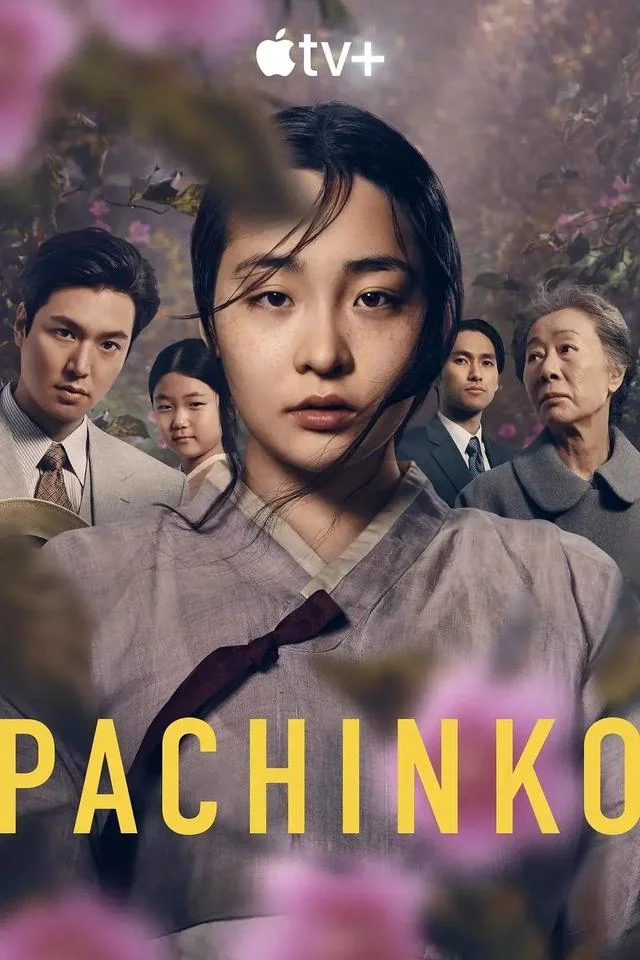
The story begins with Japan’s colonization of the Korean Peninsula in 1910 and spans to the struggle and life of Korean immigrants in Japan in 1989.
From the stories of little people who have experienced four generations of Korean immigrant families and displacement, unwillingness to resist, sacrifice and success, it reflects the changes of the times in the past century and the insignificance of all beings under the torrent of the times.
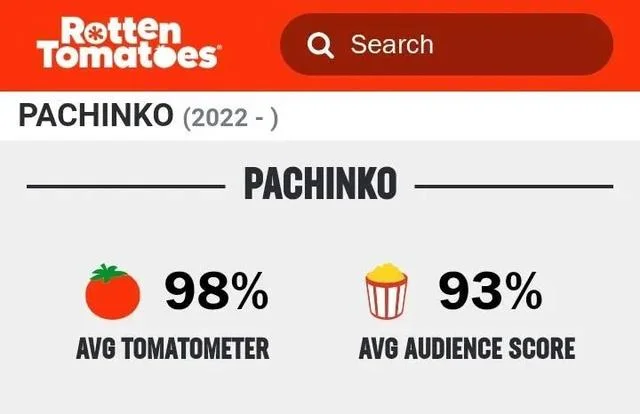
The movie-level texture story has been well received once it was broadcast, and received a 98% freshness score on Rotten Tomatoes.
1.Elegy of the Times
For South Koreans, 1910 was the beginning of the Black Age: Japan colonized the Korean peninsula and incorporated it into the expanding empire.
What followed was the humiliation of being oppressed by the Japanese army for a long time, and the misery of having to live under the oppressors.
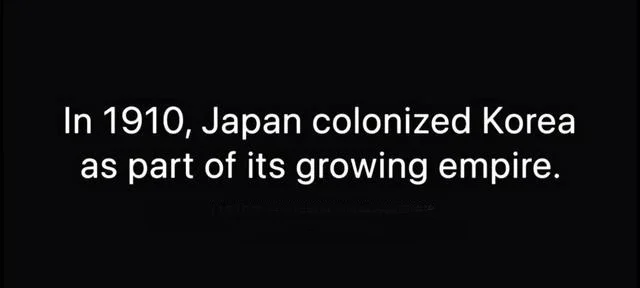
The heroine Sunja was born in such a bad time, but fortunately, the loving company and careful education of her father and mother made Sunja develop a tough character.
As a girl, Sunja met Hansu, a seafood merchant who worked for the Japanese.
Hansu heroically rescues Sunja from a group of Japanese gangsters, teaches Sunja to draw a map of the world with the existence of Korea and Japan, describes to Sunja the beauty of the rest of the world outside France and the United States, and tells Sunja not to settle for the status quo but to bravely pursue his dreams.

As far as character setup is concerned, Hansu is definitely positive.
Born into a poorer family than Sunja, but relying on knowledge and courage to fight to a higher level.
However, considering the background of the Korean peninsula being colonized by Japan at that time, the success of Korean Hansu is based on the setting of working for the Japanese and is full of playfulness.
Even if this is Hansu’s best choice under form, it carries the irony of being colonized and working for him at the same time, is such a success really a success? Questions are thought provoking.
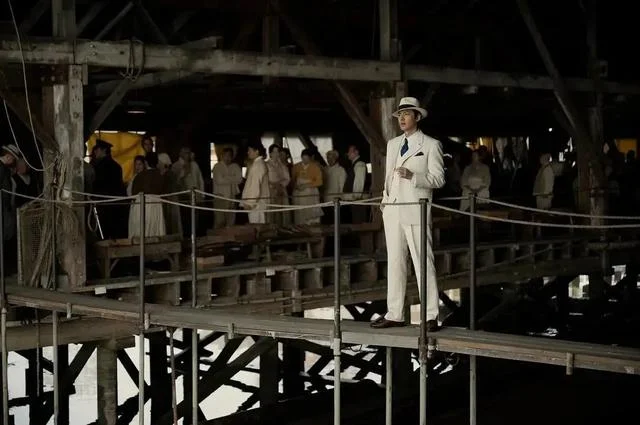
Then the picture shifts to 1989, when Sunja is already old, and the narrative focuses on the protagonist who also turns into Sunja’s grandson, Solomon.
Solomon grew up in Japan, and through continuous struggle and hard work, successfully ascended the position of Vice President of Bank of America.
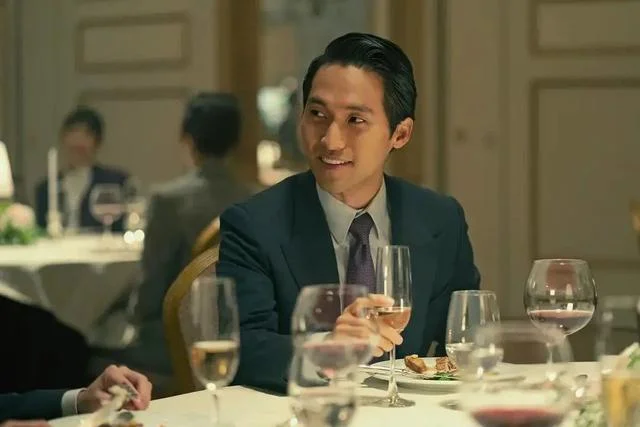
The success story of Solomon in space and time in 1989 is in sharp contrast to Hansu’s helplessness when he was forced to work under the Japanese when the Korean peninsula was colonized by Japan in the 1920s.
In addition, in the first three episodes of the premiere, many North Koreans lost their livelihoods and were forced to leave their homes.
2.The story of women
As we all know, period dramas are difficult subjects to shoot. They require a complete story and a great sense of artistry and grandeur. Therefore, the requirements for the entry point of the story are very high.
“Pachinko” uses a special but stunning angle to reflect the changes of the times from the long life of Sunja, a female character representing “Breeding and Rebirth”, and the process of small and medium-sized people in the torrent of the times grasping the key element of survival.
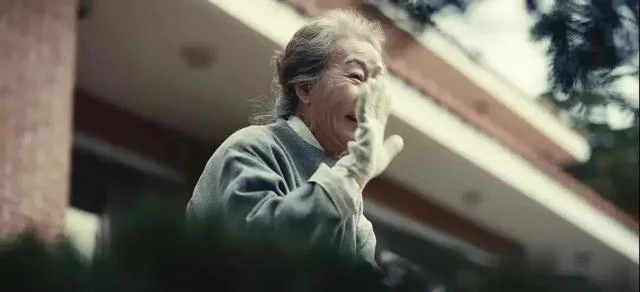
From an early age, Sunja showed an intelligence unlike any other child.
At home, when the tenant made unkind words to the Japanese army, but his parents were soft-hearted and unwilling to expel him from the house, he insisted that the tenant leave and not bring the disaster to the innocent people around him, thus protecting the kind-hearted parents.
Sunja became more and more tenacious as a girl: when the Japanese army passed by, everyone around them bowed their heads and bowed their heads. Only Sunja raised his head, a metaphor for his unyielding heart; after meeting Hansu, Hansu drew a map on the stone wall. Korean and Japanese size.
In this regard, Sunja expressed surprise from “I always thought they were much bigger than us” to the firmness of “we can defeat them” in the end, which all reflected the unwillingness and struggle of the little people who were deprived of their homes under the torrent of the times.

For various reasons, Sunja separated after falling in love with Hansu, and then moved to Japan to settle down with another important man in his life.
Although it was a measure of desperation, in a sense, it also implied the sadness of the turbulent life that the Koreans were forced to endure in that special era.
The old Sunja reminisced about the past when he “sold kimchi to support his family”, and even revealed that it was not easy to make a living in a foreign country.

Taking the character Sunja as an introduction, the series uses a two-line narrative mode to connect Sunja’s love past as a girl, the reason for immigrating to Japan, and the business struggle of his grandson Solomon in the United States, Japan and South Korea in his old age.
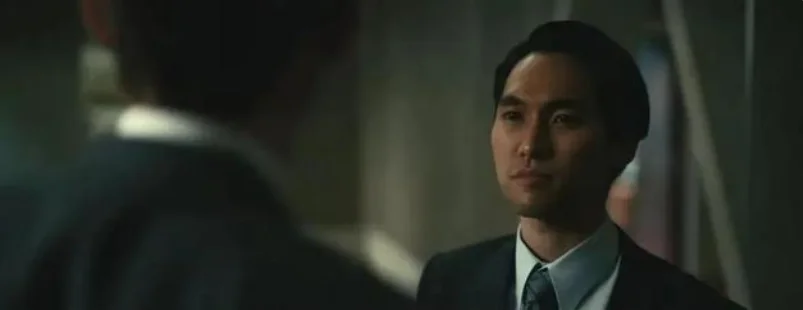
In the process of describing four generations of family stories, it presents the changes of the world in nearly a century, and how people have learned to accept, learn to grow, and try to reconcile with the hatred of the past in such a long time.
3.Integrate and remember
Although the series has only been aired for 3 episodes, we can clearly perceive from the various details that have been broadcast that “”Pachinko”” wants to start from the group of immigrant families, presenting the concept of “integration and remembering”. Theme, issues related to war, history, hatred, reconciliation.
As a girl, Sunja asked Hansu, who had returned from a successful career in Japan, “How long have you been away from here?”
In old age, Sunja held the ashes of her deceased relatives and asked herself, “How long has it been since I returned to my homeland?”
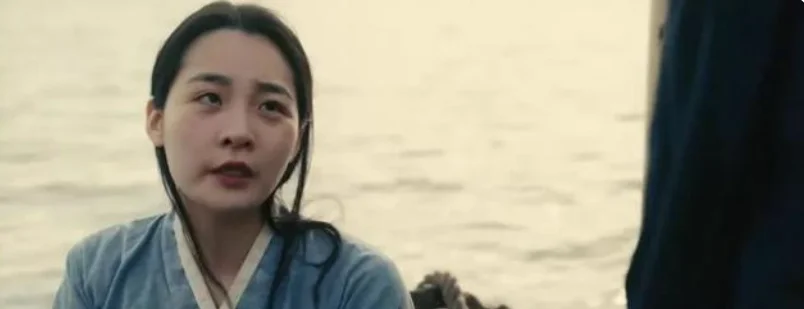
With the passage of time and the stability of the grandchildren’s work in Japan, Sunja seems to have completely integrated into the day-to-day comfort of life in Japan, gradually forgetting the place where she was born, the home of her parents.
But are those pasts really gone?
When she was young, Sunja witnessed the tears of horror and unwillingness when she witnessed “the death of a fisherman who was executed in public for scolding the Japanese army”.
Even though his grandson Solomon has a very strong working ability, he still suffers from all kinds of unfair treatment because of his Korean immigration status, and even in the sadness of being questioned by his superiors for his loyalty…
This all means that the hostility between South Korea and Japan in the past history still exists.

At the same time, Sunja’s attitude towards the past is in stark contrast to grandson Solomon’s attitude towards the past –
Sunja has lived in Tokyo for many years, but still speaks Korean stubbornly. Solomon speaks fluent American English because of his work. Compared with his native Korean, he is more familiar with the use of Japanese in Japan since he was a child.
Sunja is Korean, but under the premise of immigration status and frequent flights to the United States for work, is grandson Solomon Korean, Japanese or American? The thoughtfulness of this is self-evident.
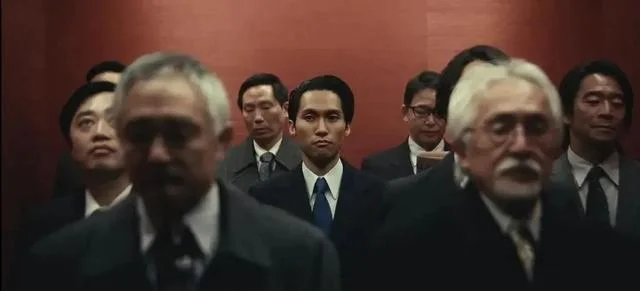
After the first three episodes, I have to say that Apple TV is really good at filming. In such a huge era background setting, the story is not boring at all.
Through the two different narrative lines in 1910 and 1989, it makes a horizontal comparison of people’s living conditions and final choices of life in different time and space.
Except for Sunja and Solomon, the other group portraits presented are also flesh and blood, with their own life stories, and the influence of their own times on their lives. The whole story looks very full.
In terms of story production, “”Pachinko”” maintains the ultimate exquisiteness and amazingness. From the framing of the camera, the tone of the picture, the use of the soundtrack, to the arrangement of every meaningful line and the superb performances of the actors, it is a movie-level viewing enjoyment.
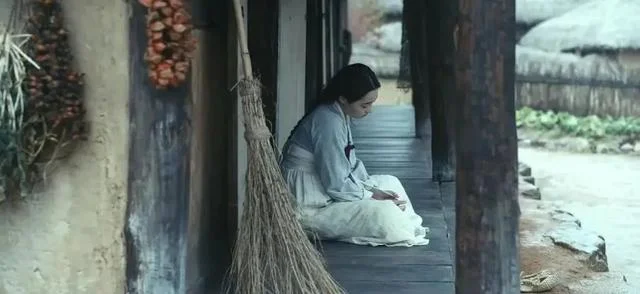
It is also worth mentioning that, because the time span of the story is extremely large.
At present, the first three episodes of “”Pachinko”” are only in the “introduction” stage, and the dramatic conflict is not so strong.
The most important element that resonates with the audience is the misery after the Korean Peninsula was colonized by Japan. In other words, the anguish of the times brings a shocking experience to the audience.
But for viewers who like intense dramatic conflict, don’t be disappointed by this show.
Because in the next 5 episodes, Solomon, who seems to have forgotten his past history, will usher in a strong outbreak of oppression, and the issues of “hatred and reconciliation” under multiple contradictions will be put in front of the audience in the most direct form.
What answer will the show give us to this question? It is worth looking forward to.
Related Post: “Pachinko” was criticized for distorting history, Korean audience: it is like an American drama in a Korean coat.
